As families from all over the world gather in Philadelphia for Pope Francis’ papal visit and the Catholic World Meeting of Families, there is at least one family whose presence is impossible.
Sanaa Habeeb and her husband Riyadh Azzu, the Iraqi couple that Pope Francis invited to participate in his Extraordinary Synod of the Bishops on the Family last year, attempted to travel to Philadelphia during the Pope’s visit but were prevented due to visa restrictions given the ongoing violence in Iraq. The couple was part of the first Iraqi church delegation to ever attend a World Meeting of Families in 2012, when the event was held in Milan. The Philadelphia World Meeting of Families this year begins on Tuesday, and concludes with Pope Francis’ mass on Sunday.
Habeeb and Azzu were an ordinary Catholic couple in Iraq when Pope Francis invited them to participate in the Synod on the family last year. TIME told their story—how they met at church in 1969, she’s a pharmacist, he’s an engineer, and how their lives were changing after the Islamic State of Iraq and Syria drove out some 100,000 Iraqi Christians from their homes in northern Iraq. They were in Rome to tell the bishops first-hand about the impact of war on Christians, and migration’s role in fracturing the family.
Read More: Meet the Iraqi Couple Attending Pope Francis’ Synod
“We wished to be part of this meeting with all our hearts, especially that theme is, ‘The Extended Family,’ and being grandparents ourselves,” Habeeb, 61, tells TIME in an email. “But we would have liked [them to have] had a more direct influence on granting to visa to Iraqi families, knowing that they tried, as another Iraqi family informed us, who had been in the same boat.”
Habeeb and Azzu registered for the Philadelphia gathering online and received an invitation letter to present to the American embassy in Erbil, since the embassy in Baghdad where they live is closed for visa purposes. They then learned that the American embassy would not be granting visas for the Iraqis since ISIS took hold of Mosul. They turned to the leaders of their Chaldean Catholic church for help, but the church leaders advised them that it would be futile. It was out of the Church’s hands. “We learned they were not granting any, and did not wish to have ‘Visa denied’ on our passports,” Habeeb explains, as they are waiting for their papers to move to the U.S. officially. “We even considered going to Lebanon and apply for the visa there, but then realized it will also be negative.”
Read More: Pope Francis Heads to Washington, D.C.
Their children, both doctors, have like much of their generation already left Iraq to build their lives elsewhere. Their son lives in U.S., and their daughter and her family emigrated to Germany. They last saw their son in 2013, but were able to get a Schengen visa to Europe to see their daughter and granddaughters earlier this year. “This is so painful,” she writes.
For now, Habeeb and Azzu continue to pray for families who can gather in Philadelphia, and they also are praying for the upcoming Synod of the Bishops in October, when the church leaders will continue to talk about challenges facing families, including divisions brought on by war and migration. Pope Francis named a different Iraqi couple to this year’s Synod in Rome, Suhaila Salim Toma and Wisam Marqus Odeesho, and they will continue to represent the dwindling Church in their country. “You can imagine the challenges the church is facing, with the rapidly reducing numbers of Christians, fear of total extinction,” Habeeb writes. “Yet Christians in Iraq are children of hope, and in Iraq we know that our existence itself is a message of hope to all Christians around the world.”
The U.S. State Department did not return a request for comments.
See Photos From Pope Francis' Arrival in Cuba
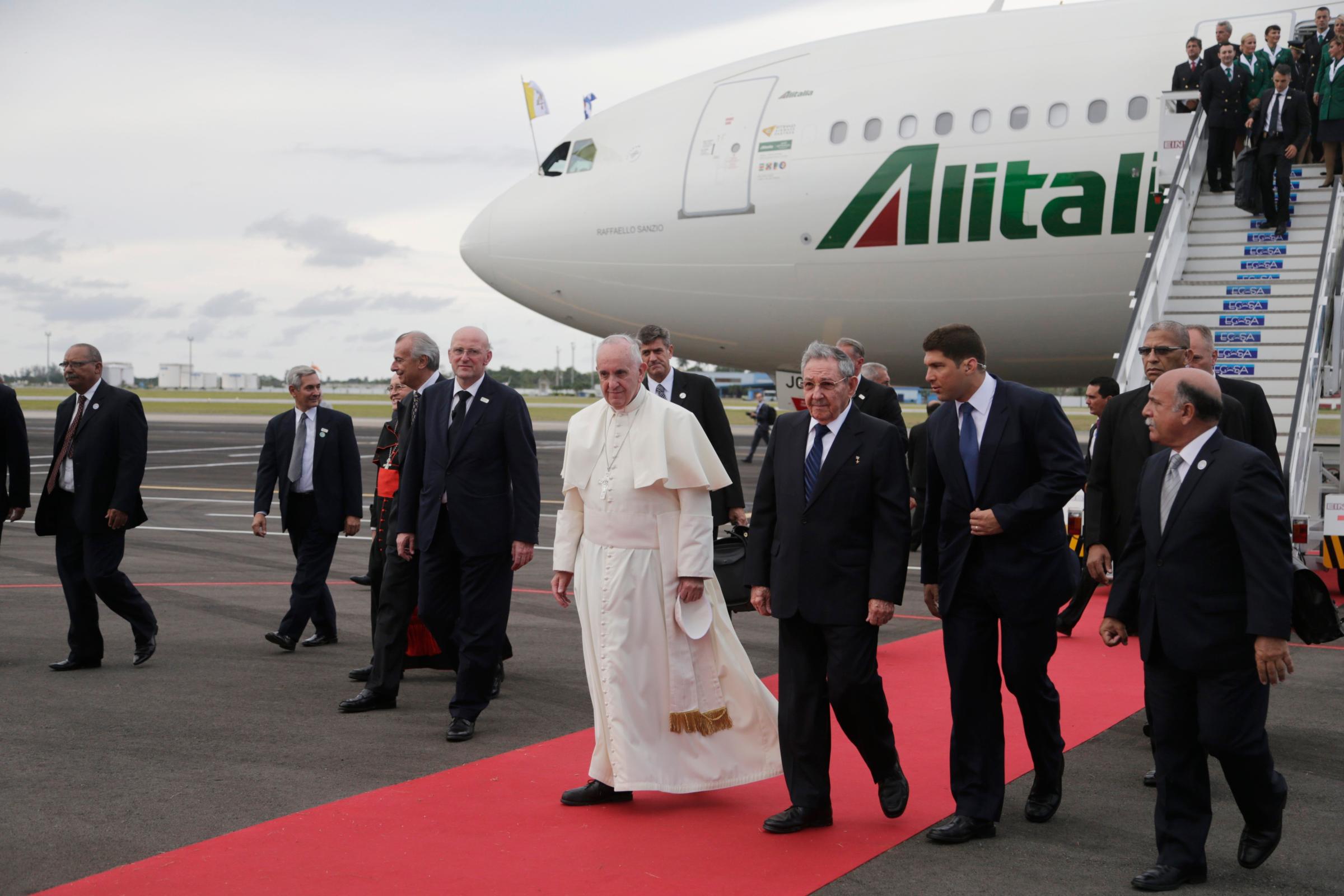
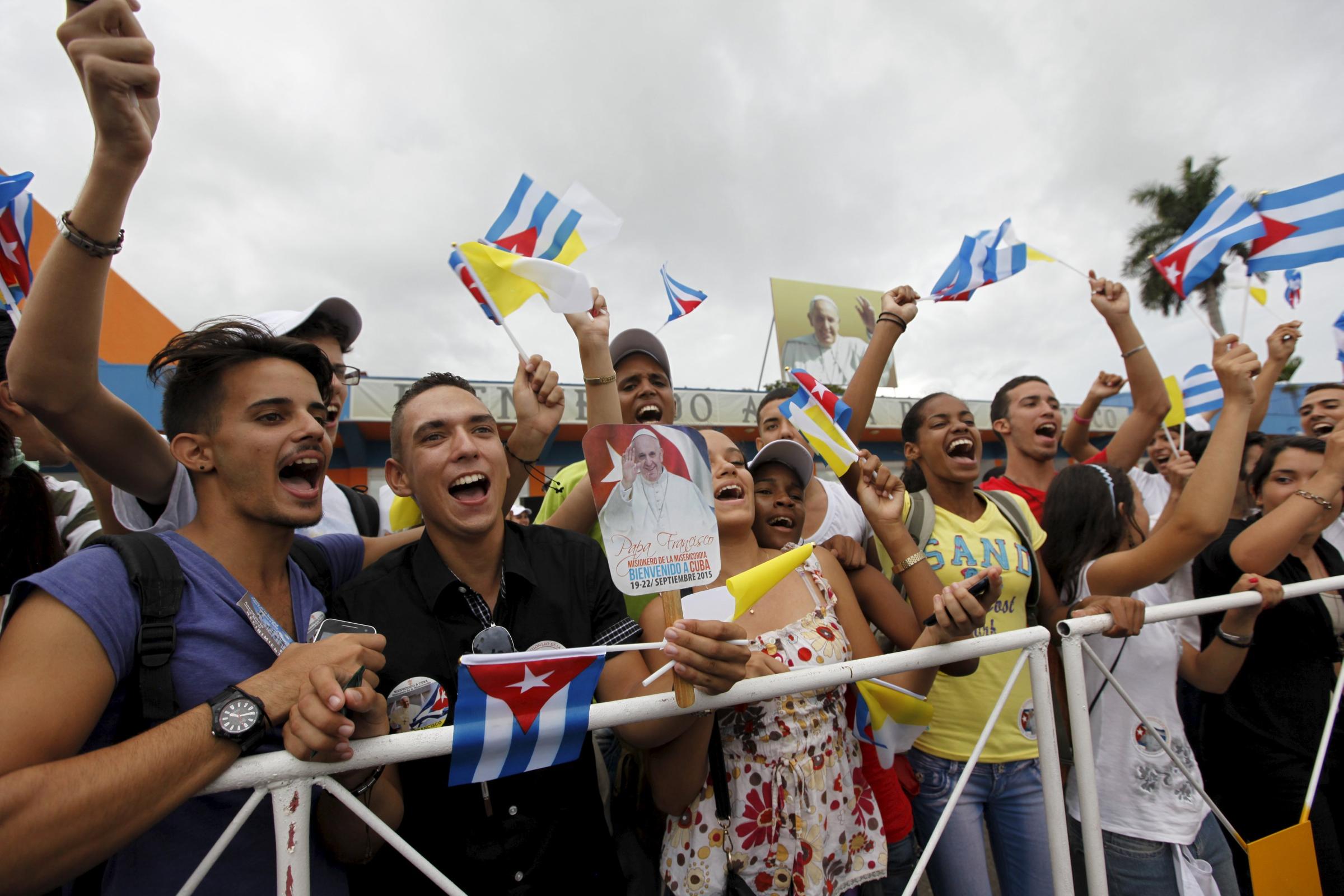
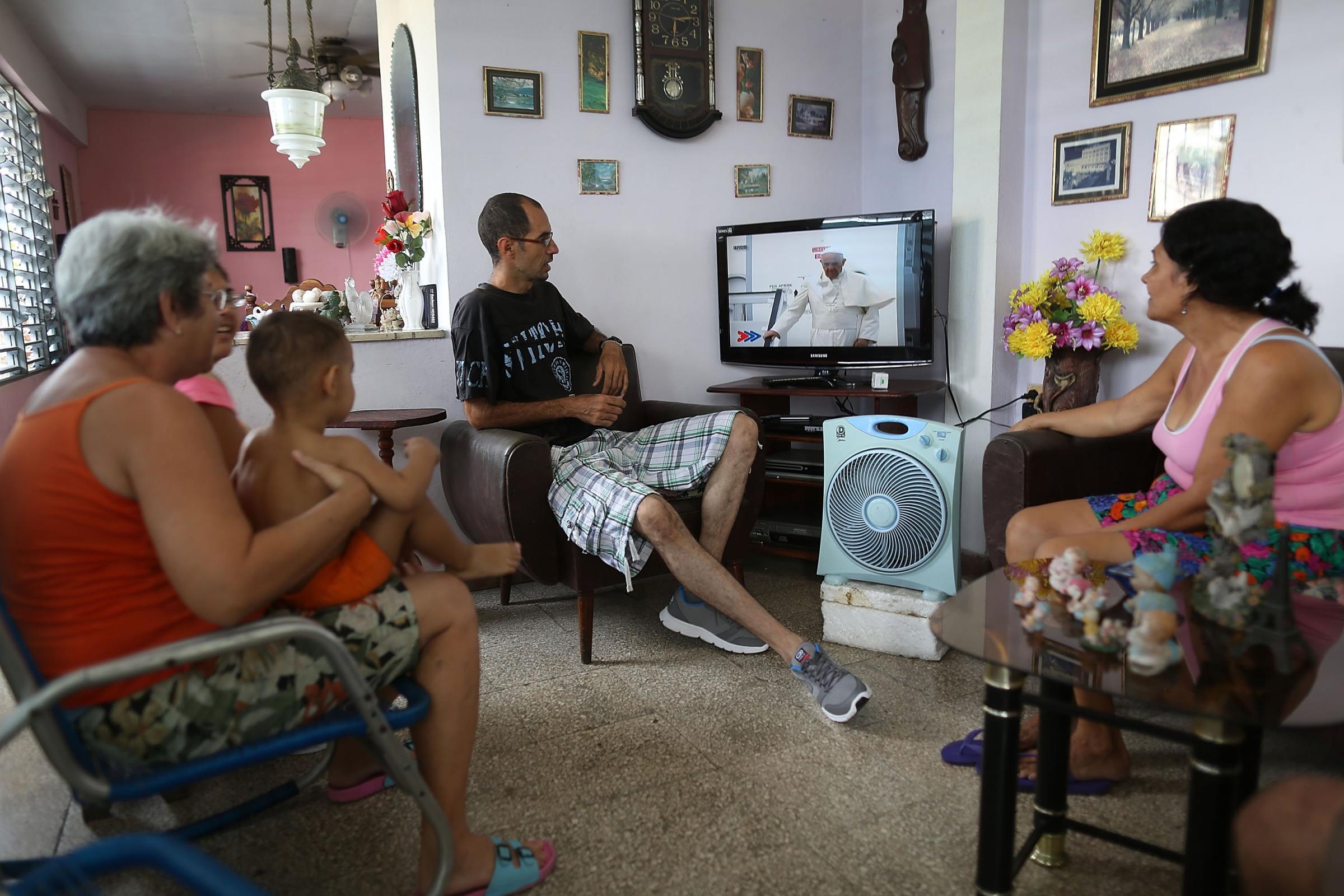
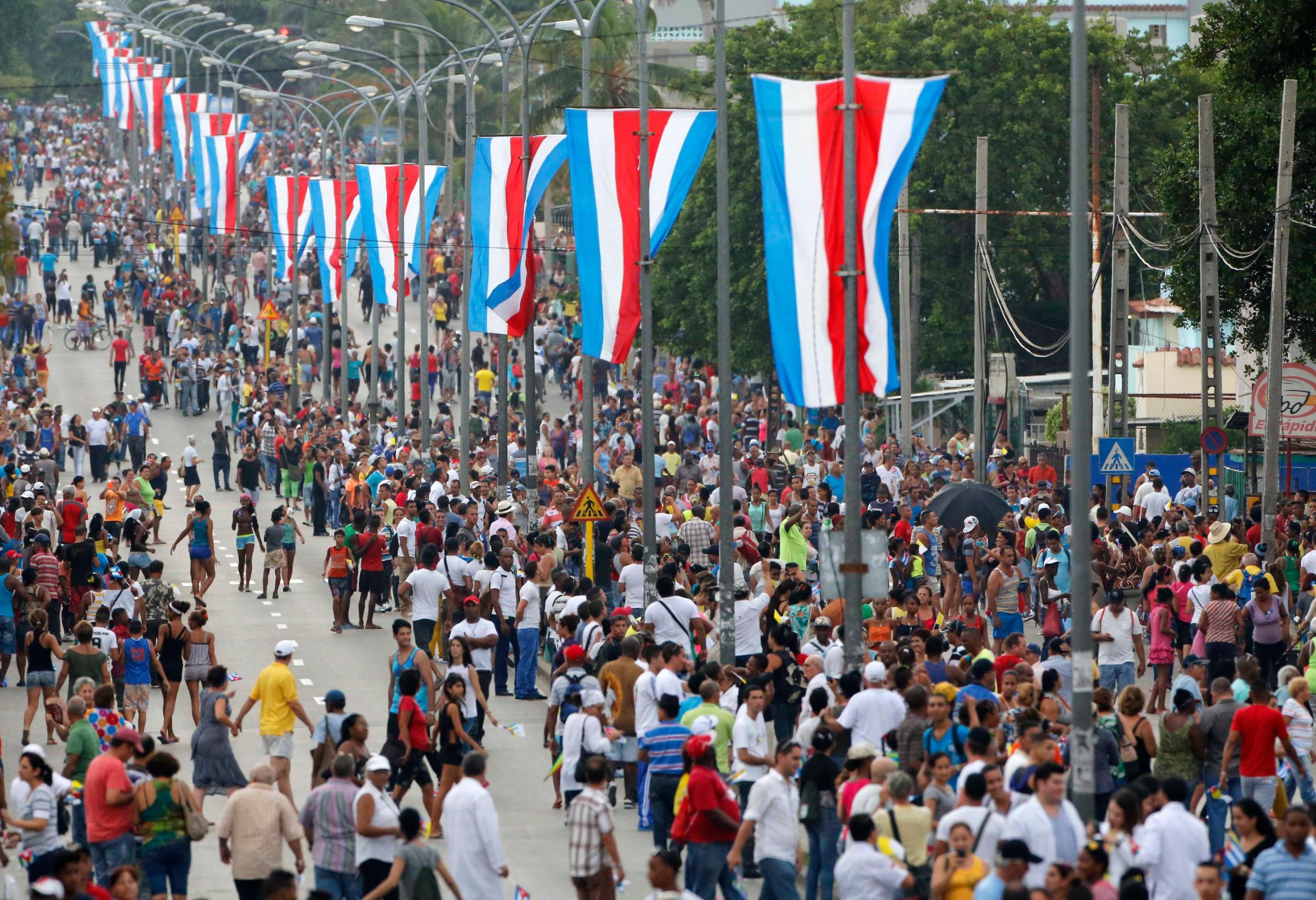
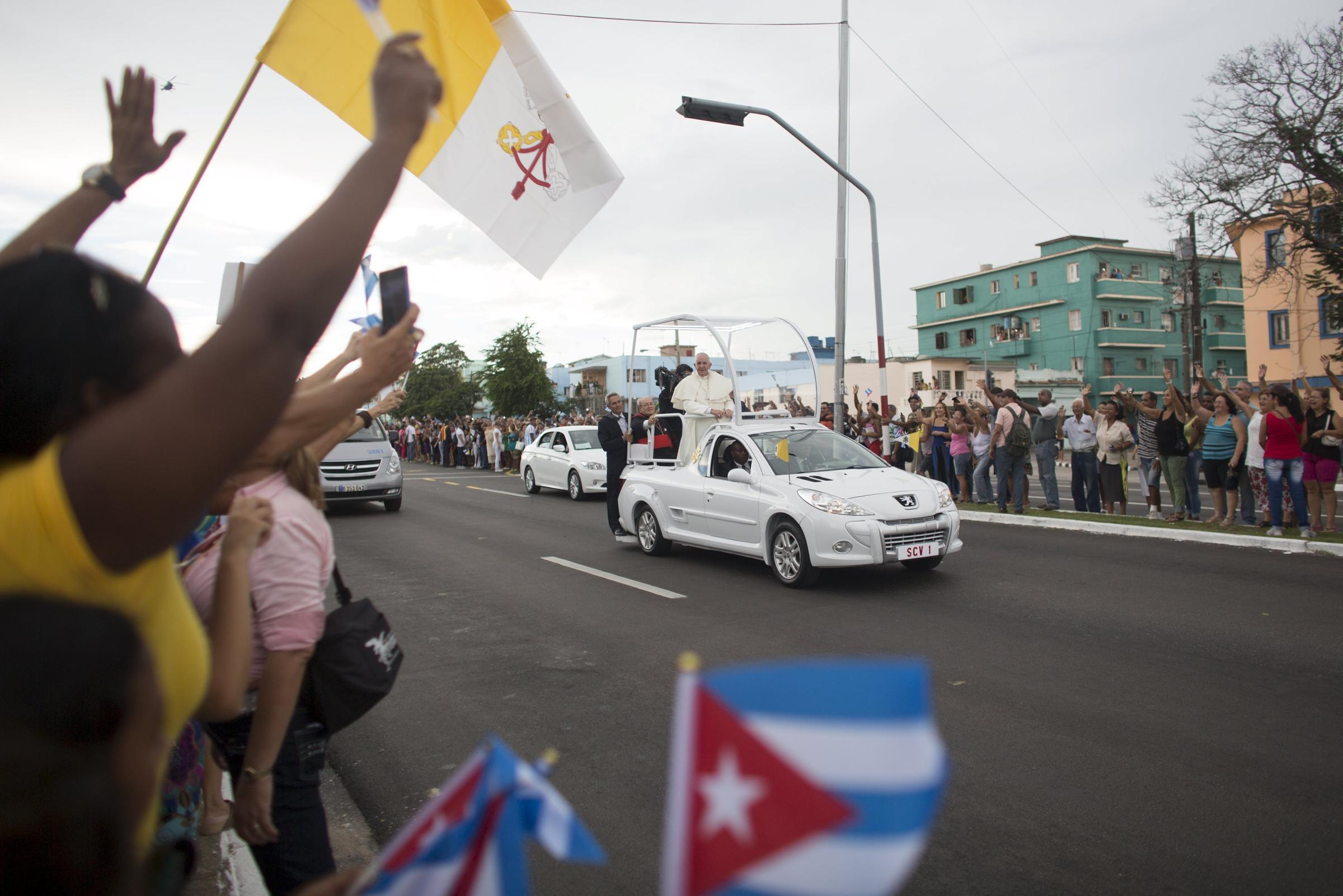
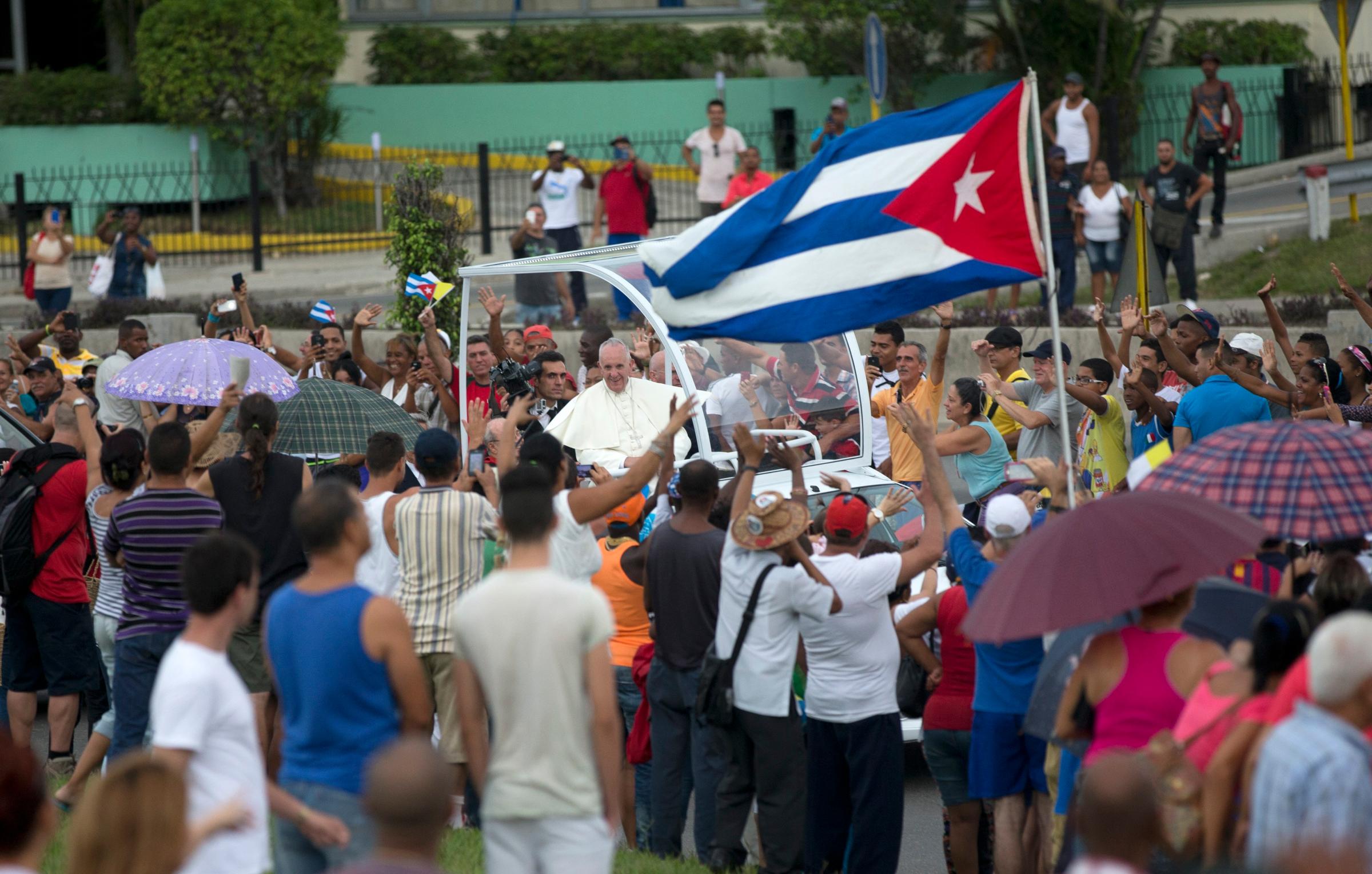
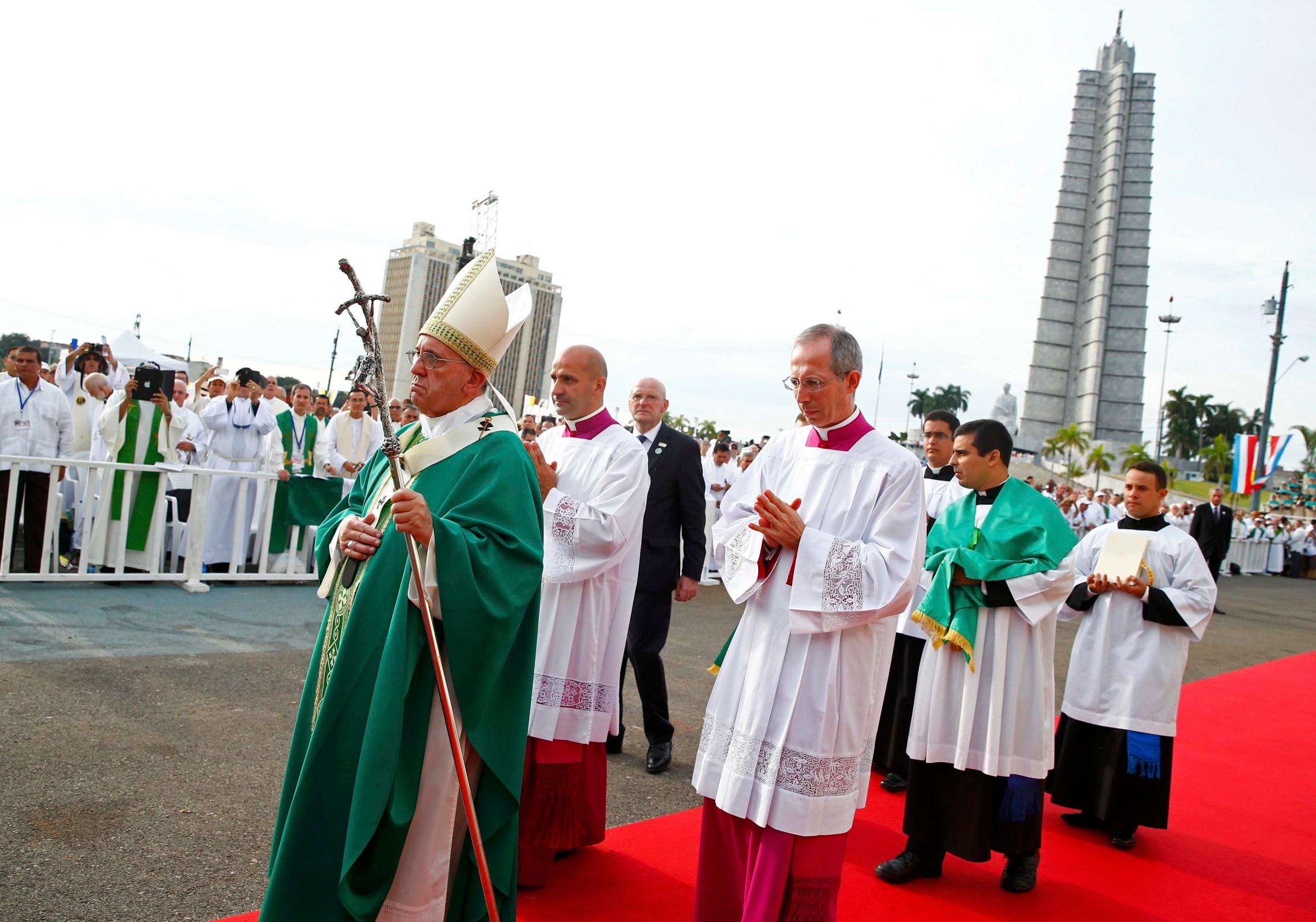
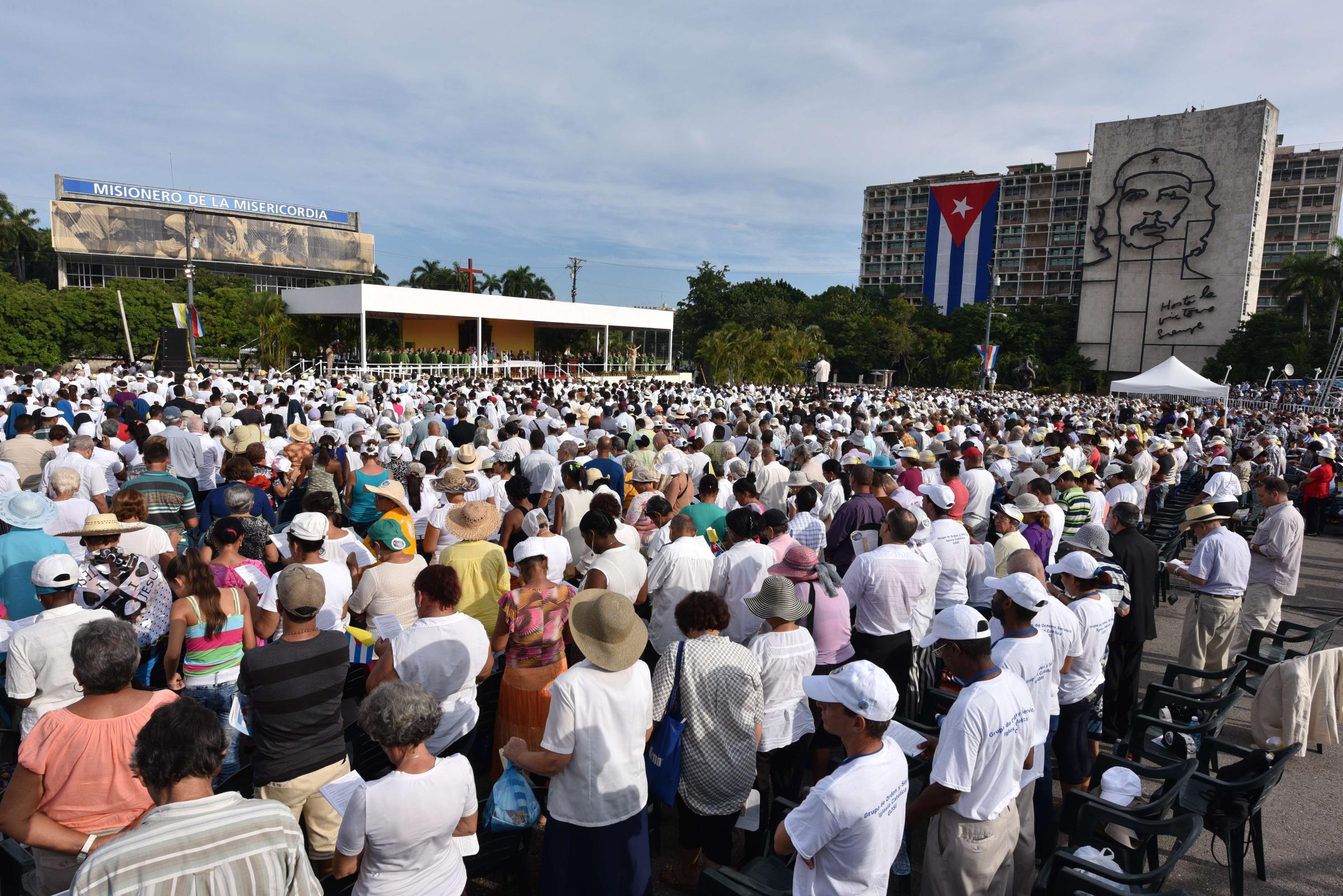
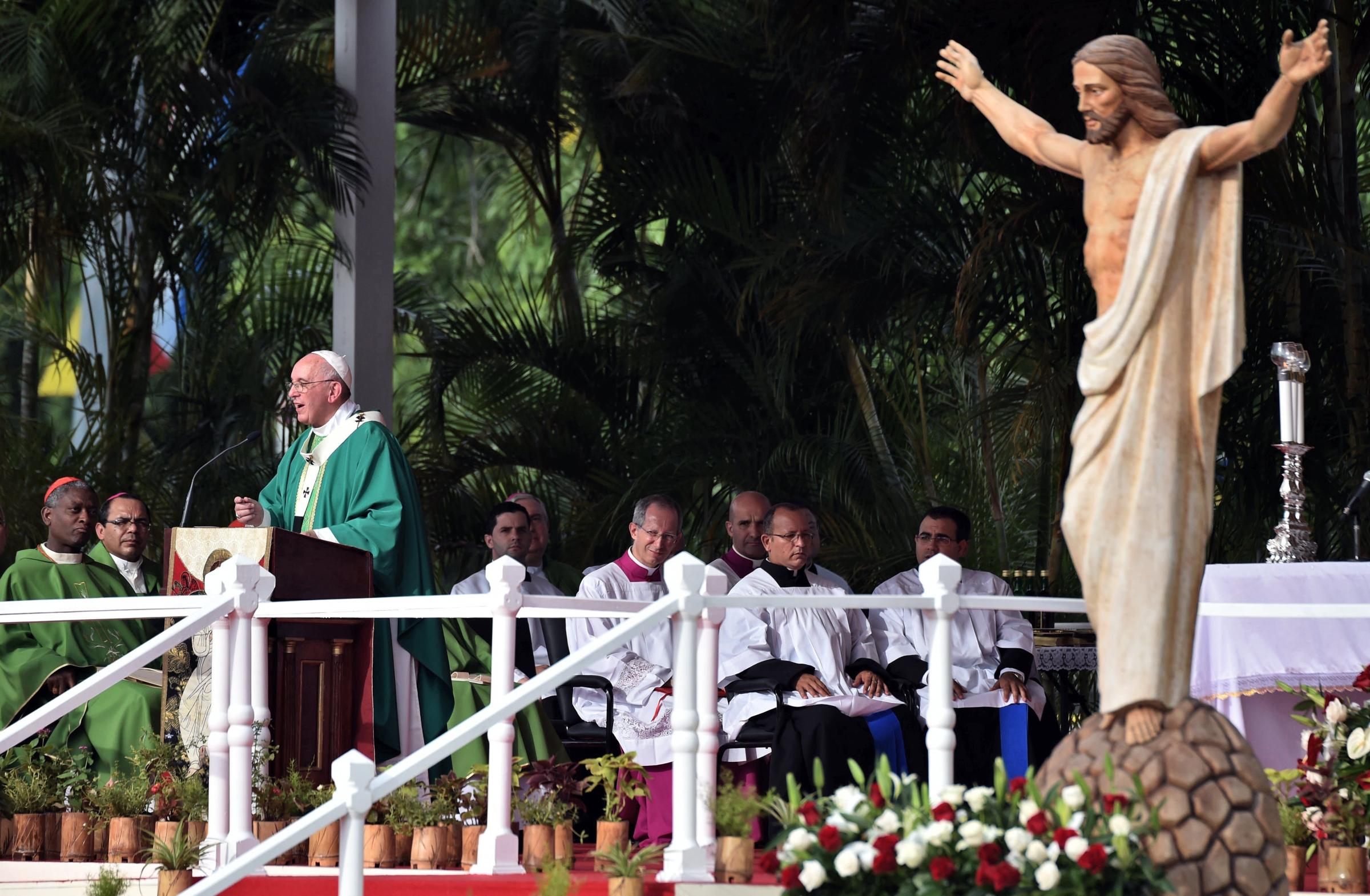
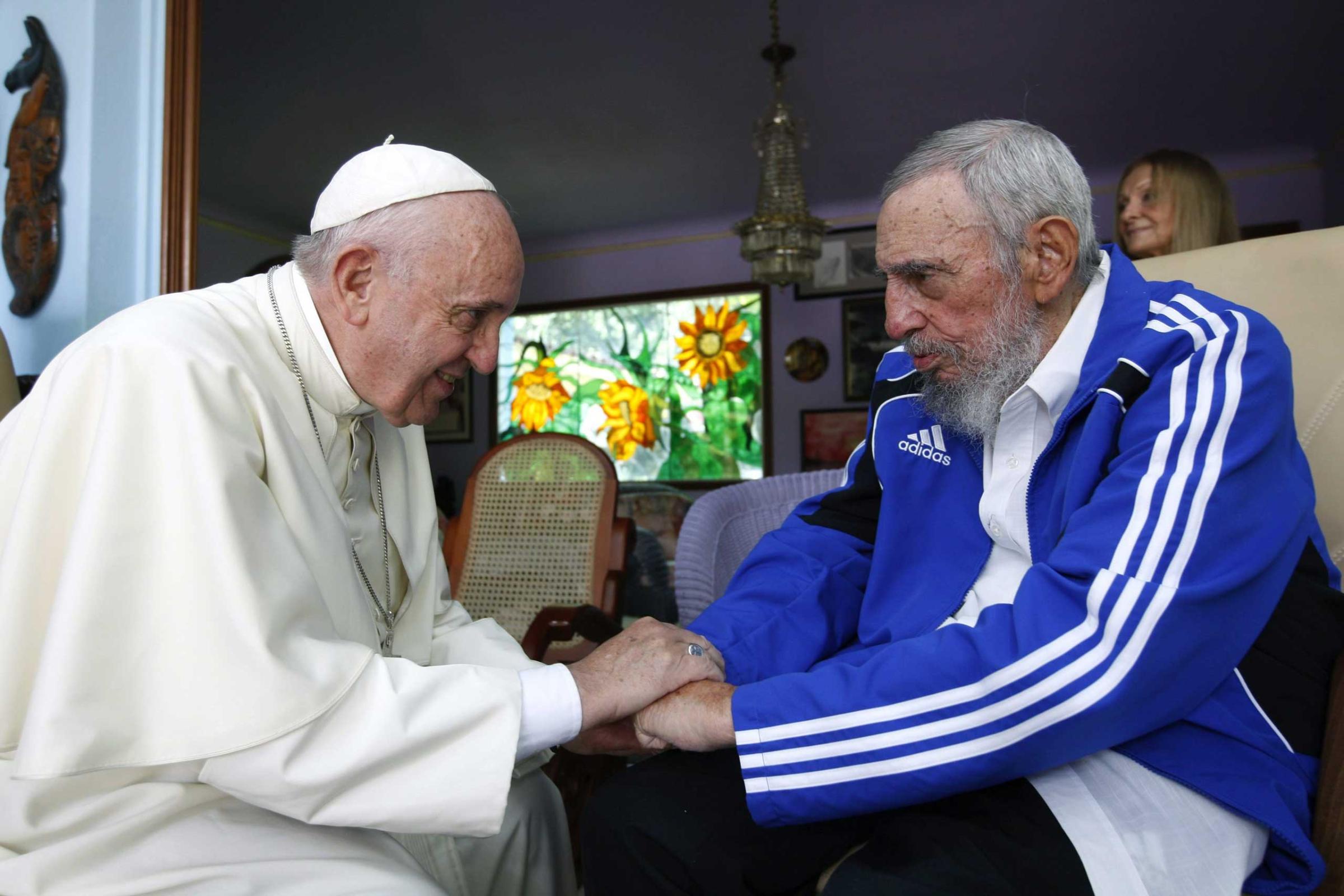
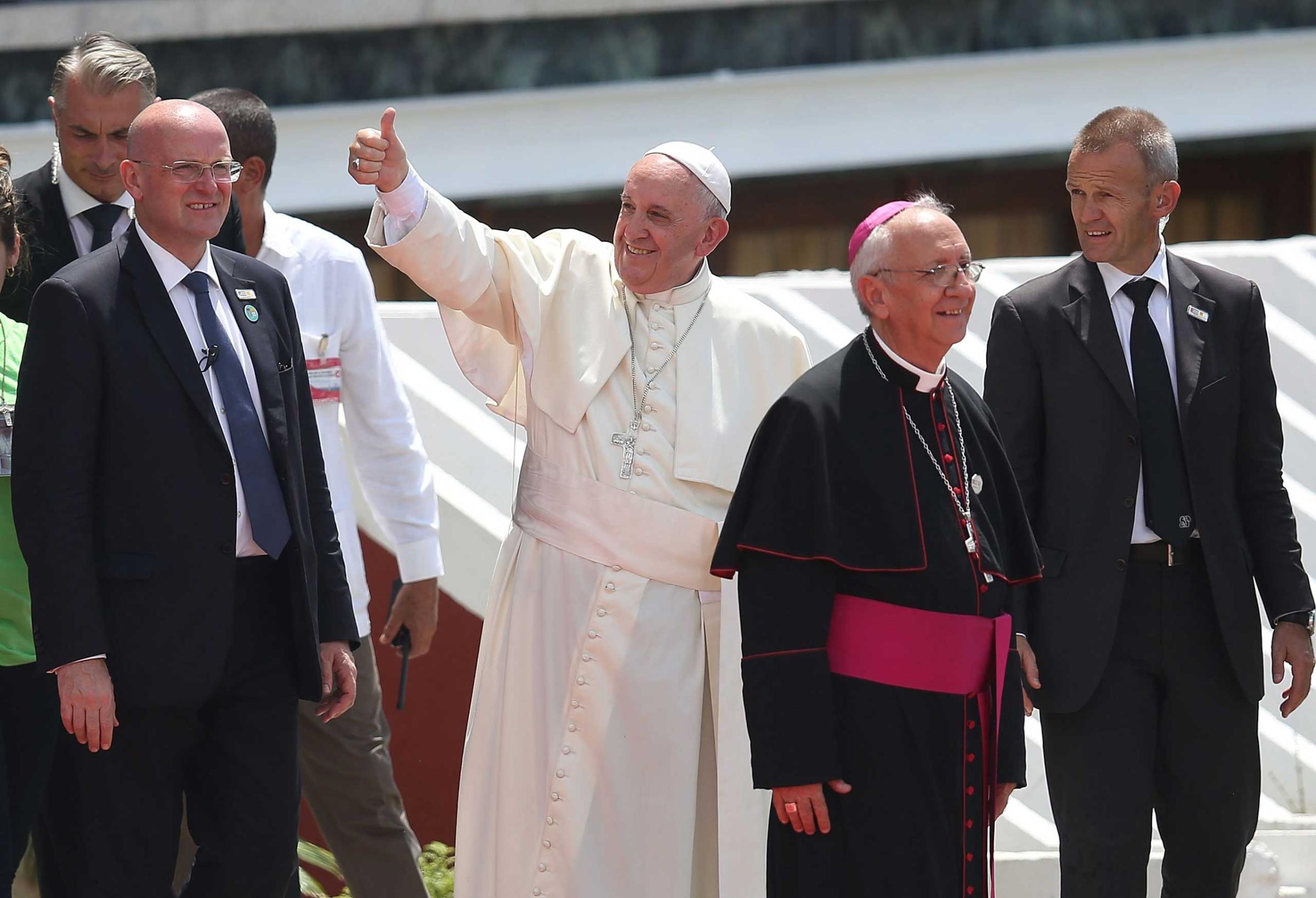
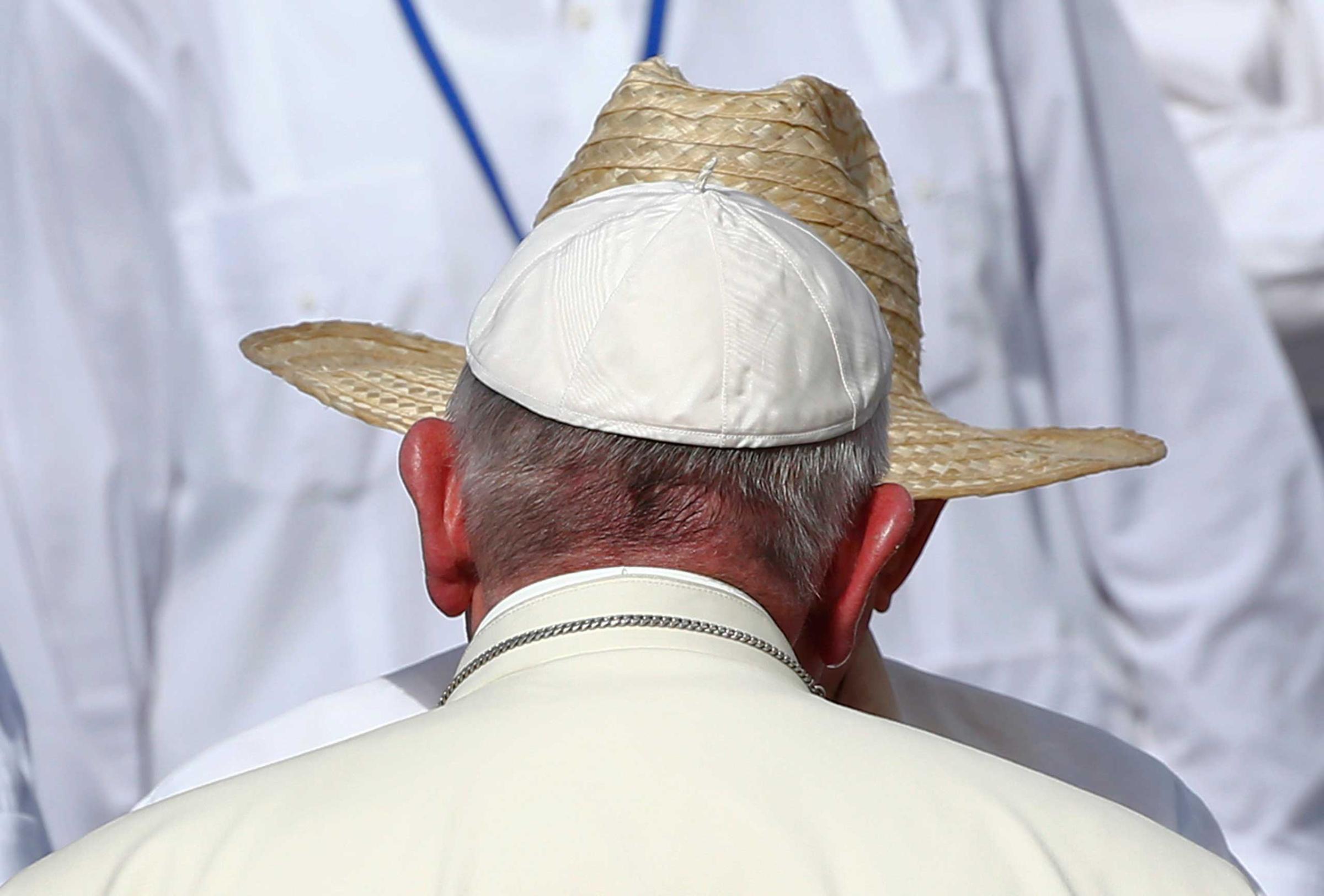
More Must-Reads from TIME
- Caitlin Clark Is TIME's 2024 Athlete of the Year
- Where Trump 2.0 Will Differ From 1.0
- Is Intermittent Fasting Good or Bad for You?
- The 100 Must-Read Books of 2024
- Column: If Optimism Feels Ridiculous Now, Try Hope
- The Future of Climate Action Is Trade Policy
- FX’s Say Nothing Is the Must-Watch Political Thriller of 2024
- Merle Bombardieri Is Helping People Make the Baby Decision
Contact us at letters@time.com